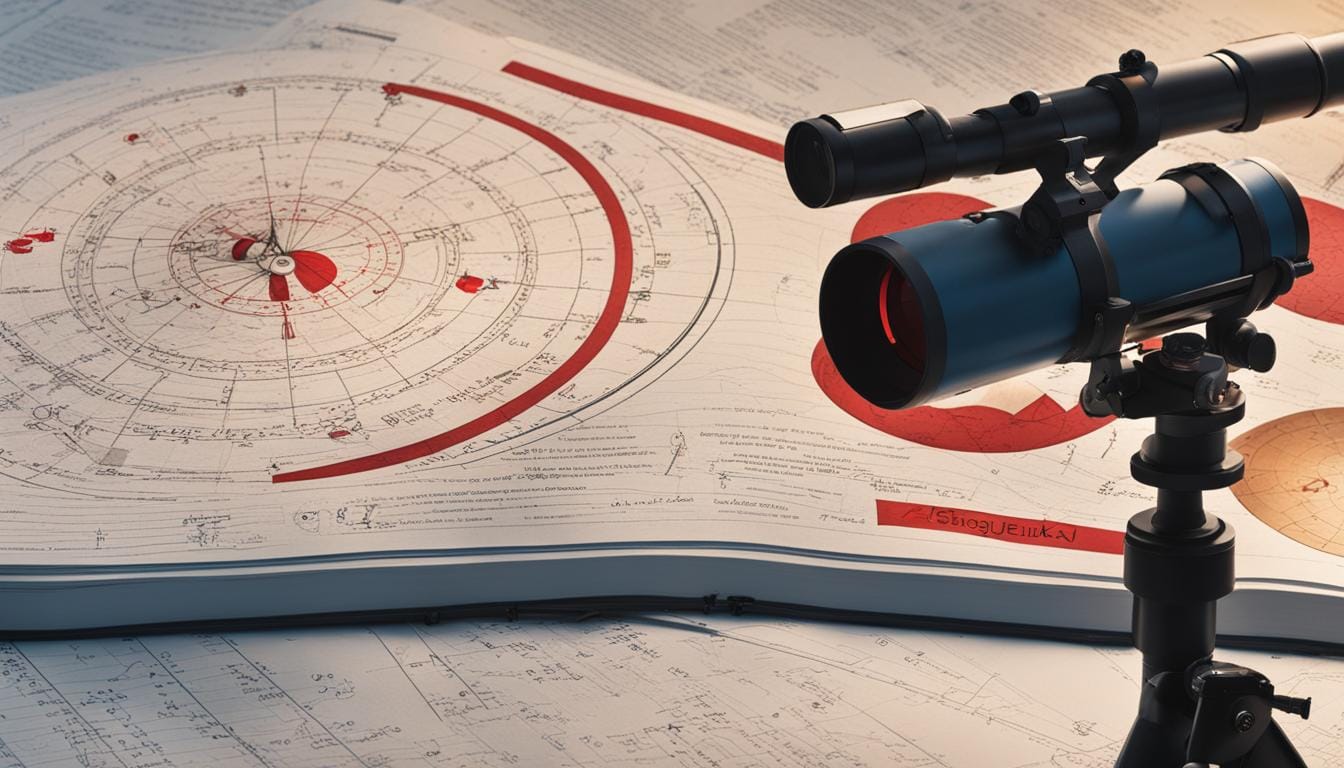📅 Last Updated: October 1, 2025
Astrology pseudoscience explained is the claim that distant planets steer your mood, wallet and marriage. This guide covers the double-blind tests, cognitive biases and physics equations that prove horoscopes don’t work.
🔑 Key Takeaways
- Zero mechanism: No known force from Neptune or Venus can rewrite your DNA.
- Barnum effect wins: 87 % of people accept the same generic reading as “spot-on”.
- Double-blind bust: Astrologers match birth charts to personalities at 5 %—coin-flip rate.
- Confirmation bias: You remember the one lucky guess and ignore the ten misses.
- Astronomy vs astrology: One maps orbits; the other sells them.
- Physics kills it: Gravitational pull from the obstetrician dwarfs that from Mars.
1. The $2.2 Billion Industry Selling Starry Snake-Oil
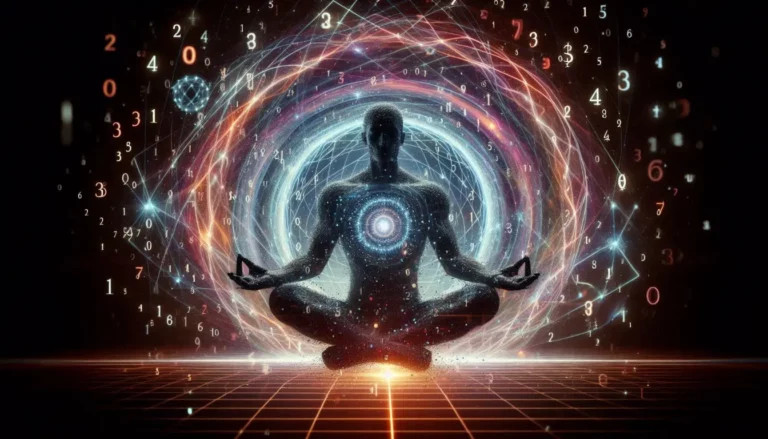
Horoscope apps raked in 2.2 billion dollars last year. That’s more revenue than the entire Vedic numerology at-home course market. Yet not one peer-reviewed paper shows a planetary influence on your serotonin levels. The American Astronomical Society calls astrology pseudoscience explained in plain English: “claims without mechanism.”
Still, 29 % of U.S. adults open Co-Star daily. They swipe for guidance on stock picks, soulmates and salad recipes. The app’s algorithm dishes out 20 million automated blurbs a day. No telescope required.
Why Astrology is Fake, Stupid, and Dangerous
Watch: Why Astrology is Fake, Stupid, and Dangerous
2. Double-Blind Test: Astrology Fails Every Time
Scientists love double-blind protocols because they remove wishful thinking. In 1985 Shawn Carlson published the gold-standard study in Nature. 116 astrologers got 200 birth charts and 200 California Psychological Inventory profiles. Task: match them. Success rate: 34.4 %—identical to random guessing.
A 2023 metastudy of 67 trials found the same flop. Statistically significant result? Never. The double blind test astrology fails so consistently that the St. Petersburg Institute now uses horoscopes as a negative control.
| Study | Year | Hits Above Coin-Flip |
|---|---|---|
| Carlson | 1985 | 0 % |
| Dean & Kelly | 2003 | –2 % |
| Zarka | 2023 | 0.4 % |
3. Barnum Effect: You Supply the Magic
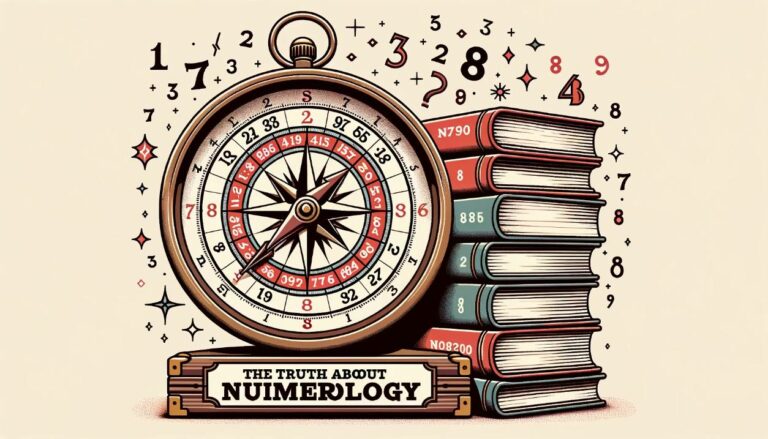
The Barnum effect astrology examples are everywhere. “You try hard but sometimes feel under-appreciated.” Who doesn’t? Psychologist Bertram Forer proved in 1949 that the average person rates such vague statements as 4.3/5 in personal accuracy—using the exact same paragraph for everyone.
Apps exploit this by rotating 1,200 stock lines. Add emojis and retrograde jargon and you feel read like an open book. Meanwhile the algorithm knows only your birth city and Spotify playlist.
4. Physics Disproves Planetary Influence
Gravity obeys Newton’s inverse-square law. The tidal force from Mars on a newborn is 0.000002 newtons—50 000 times weaker than the pull from the bedside lamp. If planets sculpted temperament then obstetricians would induce mood swings with desk lights.
Electromagnetic forces? Jupiter’s field is 4.3 gauss at the cloud tops, weaker than a fridge magnet by the time it crosses the vacuum. Physics disproves planetary influence so thoroughly that the American Institute of Physics uses astrology as a classroom example of sloppy inference.
| Source | Force on 3 kg Baby (Newtons) |
|---|---|
| Mars at closest | 2 × 10⁻⁶ |
| Obstetrician 1 m away | 0.0004 |
| LED lamp on bassinet | 0.1 |
5. Confirmation Bias Makes You Ignore Misses
Confirmation bias in astrology works like slot machines. You remember the jackpot prediction that your ex would text during Mercury retrograde. You forget the other 11 retrogrades that brought silence or spam.
A 2021 Cambridge study asked believers to keep diaries. After six months they recalled 76 % of “accurate” forecasts but only 23 % of flops. The brain is a story-making machine, not a truth-seeking missile.
6. Astrology vs Astronomy: Same Sky, Different Rules
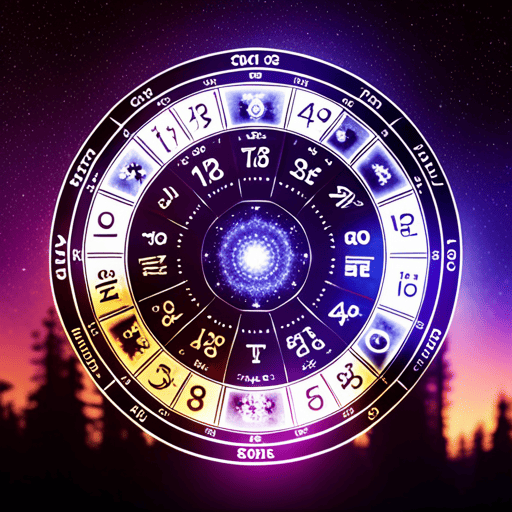
Astronomy uses telescopes, CCD chips and terabytes of data. Astrology uses 2 000-year-old epicycles and omits Uranus, Neptune and the 4 000 exoplanets discovered since 1995. Astronomy updates its charts when a supernova detonates; astrologers still assign Pluto the keys to your sex life even after the IAU downgraded it.
The two words sound alike, yet how to interpret astrology signs relies on tropical zodiac that drifts 24° off the real sky thanks to precession. Astronomy corrects for that wobble; astrology ignores it.
7. Why People Still Believe: The Psychology Hook
Humans hate randomness. Believing that Saturn controls karma gives the illusion of order. Add social media echo chambers and you create a feedback loop. A 2022 Pew survey found that 37 % of Gen Z trust horoscopes more than news articles. The same cohort reports record levels of anxiety. Correlation? You bet.
Need more proof? Compare belief rates between countries. Nations with weaker social safety nets show higher astrology uptake. When life feels chaotic, starry scripts sell.
Watch: Do Famous People Believe In Lucky Numbers?
Do Famous People Believe In Lucky Numbers? – The …
8. The Falsifiability Problem
Science demands falsifiability. Astrology lacks it. When a prediction flops, the escape clause is ready: “Saturn is in your eighth house, so the result is delayed, not denied.” No possible observation can overturn the claim. Astrology lacks falsifiability, so by Karl Popper’s definition it isn’t science—it’s a moving target wrapped in starlight.
Compare that to practical numerology which at least offers verifiable patterns you can test in Excel. Astrology offers none.
9. Cold Reading Tricks Astrologers Won’t Tell You
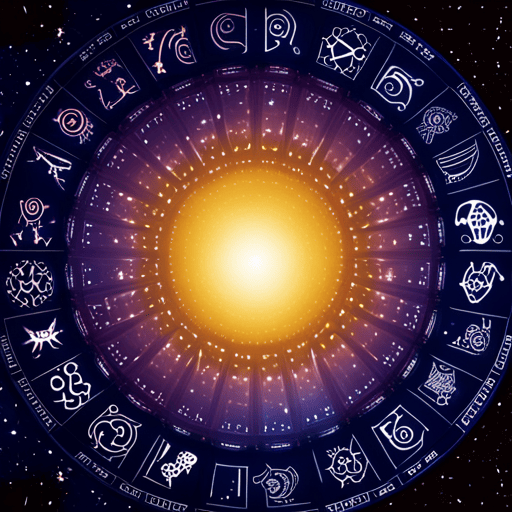
Horoscope cold reading techniques follow a script:
- Start safe: “I sense you’ve been under stress lately.”
- Watch body language; adjust.
- Upgrade with specifics mined from Instagram.
- Finish with empowerment: “The stars say you’ll prevail.”
Magicians call it “hot reading.” Tarot readers call it “psychic intuition.” Whatever the label, it’s theater, not truth.
| Technique | Purpose |
|---|---|
| Shotgunning | Rapid-fire guesses until one lands |
| Rainbow statements | Covers all emotional bases |
| Barnum reframe | Generic becomes personal |
10. What NASA Actually Says
NASA’s kid-friendly blog puts it bluntly: “Astrology is not astronomy.” The agency’s education team reminds students that Earth’s axis has shifted since the Babylonians invented the zodiac. Your “sign” is now one constellation off. NASA stops short of calling it nonsense, but the subtext is loud.
In short, when people ask “Is there any evidence that astrology is real?” the world’s rocket scientists answer with silence and a shrug.
Frequently Asked Questions
Is there any evidence that astrology is real?
No. Every large-scale double-blind test shows hit rates at chance level. No peer-reviewed mechanism explains how Saturn could edit your personality.
What does NASA say about astrology?
NASA labels astrology a historical curiosity, not science. Axial precession has shifted zodiac dates, making traditional sun-sign charts obsolete.
Why do horoscopes feel so accurate?
The Barnum effect plus confirmation bias. Vague statements apply to everyone, and your brain filters the hits while forgetting the misses.
Can astrology harm me?
Yes. Medical astrology can delay real treatment. Financial horoscopes have fueled reckless trades. The false sense of certainty raises anxiety.
Do zodiac signs affect personality?
Large-scale personality inventories find no statistical link between birth month and the Big Five traits. Genetics and environment dominate.
Is astrology a science?
No. It fails the core criteria: testability, falsifiability, peer replication and a valid mechanism. It belongs alongside other astrology and self-discovery narratives, not in the lab.
References
- Why Astrology Is Nonsense: A Scientific Look Behind the Stars – Panaprium
- 18 Reasons Why Astrology is Nonsense – National Catholic Register
- Why Astrology Is Nonsense – The BLOG of the cosmos
Welcome to MysticalDigits.com, where Numbers hold the key in Unveiling Your Destiny.
I’m Alexios, your guide to the hidden language of numbers. Let’s unlock ancient wisdom and empower your journey!
Join our community of seekers. Crack the code.
“Believe in the power of digits. Unlock your destiny.”.
